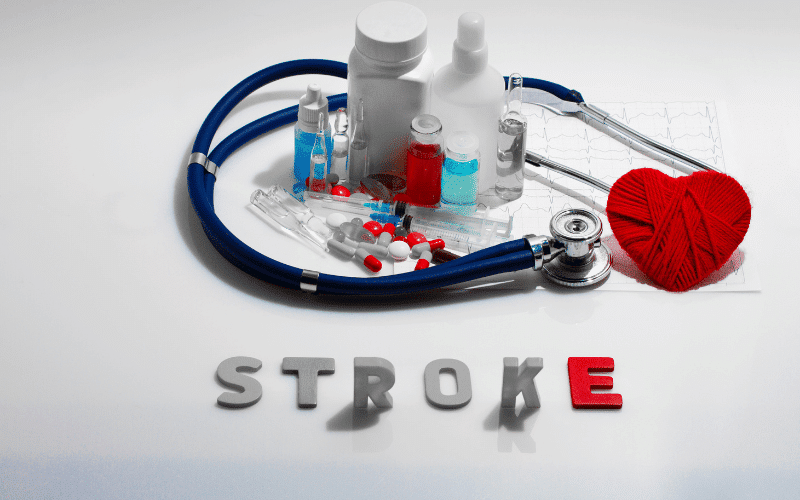Introduction: Unveiling the Complexity of Vascular Dementia
In the realm of cognitive disorders, dementia stands as an ominous and all-too-common player. It isn’t merely a singular disease; instead, it represents a collection of conditions characterized by a progressive deterioration of cognitive function.
Vascular dementia (VaD) is one such condition and holds the dubious honor of being the second most prevalent form of dementia after Alzheimer’s disease. Unraveling the complexities of vascular dementia requires a deep understanding of its causes. As we venture into this exploration, we will uncover 15 primary culprits behind this devastating condition.
One cannot discuss the causes of vascular dementia without acknowledging the significant role of stroke. A stroke transpires when the brain’s blood supply is abruptly cut off, resulting in oxygen and nutrient deprivation for the affected brain cells.
This deprivation rapidly results in the death of these cells, and the abilities controlled by the now-dead portion of the brain—like memory and muscle control—are subsequently lost. The term “post-stroke dementia” is often employed to categorize the type of VaD that follows a stroke event. Given that recent statistics indicate about one in three individuals develop dementia after suffering a stroke, the link between stroke and vascular dementia is undeniably robust.
The contribution of small vessel disease to the onset of vascular dementia cannot be downplayed. This condition involves the deterioration and damage of the tiny blood vessels that form the intricate network within your brain.
As these vessels weaken and break down, they compromise the effective delivery of oxygen and essential nutrients to the brain cells. The health of our brains is inextricably tied to the health of these minute vessels, a fact often overlooked. The impact of small vessel disease may be silent and gradual, but it is a formidable force in the development of vascular dementia.
Cause 1. Stroke – The Significant Precursor to Vascular Dementia

At the forefront of the causes of vascular dementia is stroke, a severe health condition marked by an abrupt interruption of blood supply to parts of the brain. The consequences are rapid and devastating – the deprived brain cells start to die, leading to a loss of bodily functions controlled by that brain area, such as memory and muscle control. The connection between stroke and vascular dementia is particularly prominent in the context of post-stroke dementia, which is a category of VaD that arises following a stroke.
The statistics further underline this relationship. Approximately one out of every three stroke survivors eventually develops dementia, highlighting the intertwined nature of these two conditions. Therefore, in order to fully grasp the concept of vascular dementia, it’s crucial to understand the role strokes play.
Strokes can occur in two primary forms: ischemic and hemorrhagic. Ischemic strokes, the most common type, occur when a clot blocks a blood vessel carrying blood to the brain. Hemorrhagic strokes, on the other hand, transpire when a blood vessel in the brain bursts or leaks. Each of these types of strokes can precipitate vascular dementia, but the risk is especially high after multiple strokes or a major stroke.
Multiple minor strokes, also known as transient ischemic attacks (TIAs), can also lead to vascular dementia over time. TIAs are temporary blockages of blood flow to the brain that cause short-lived symptoms similar to those of a stroke. While each TIA might seem innocuous, their cumulative effect over time leads to substantial brain damage, which can consequently precipitate the onset of vascular dementia. (1)